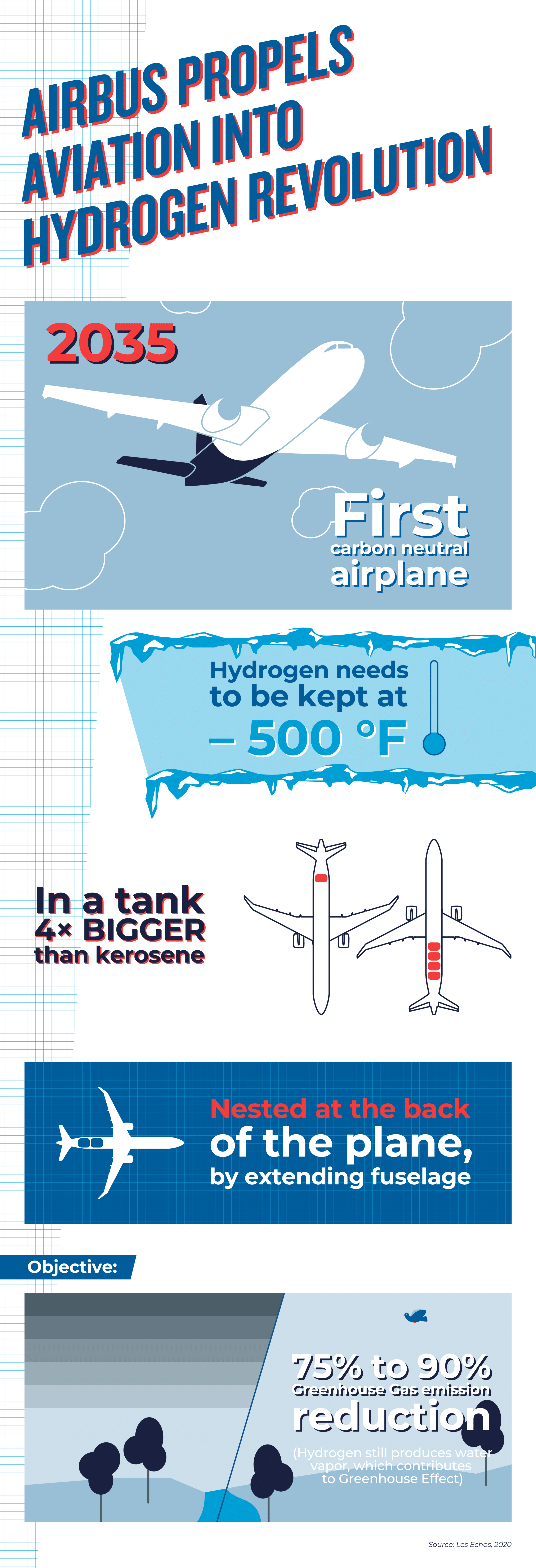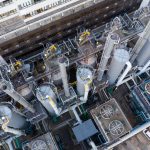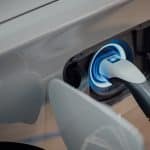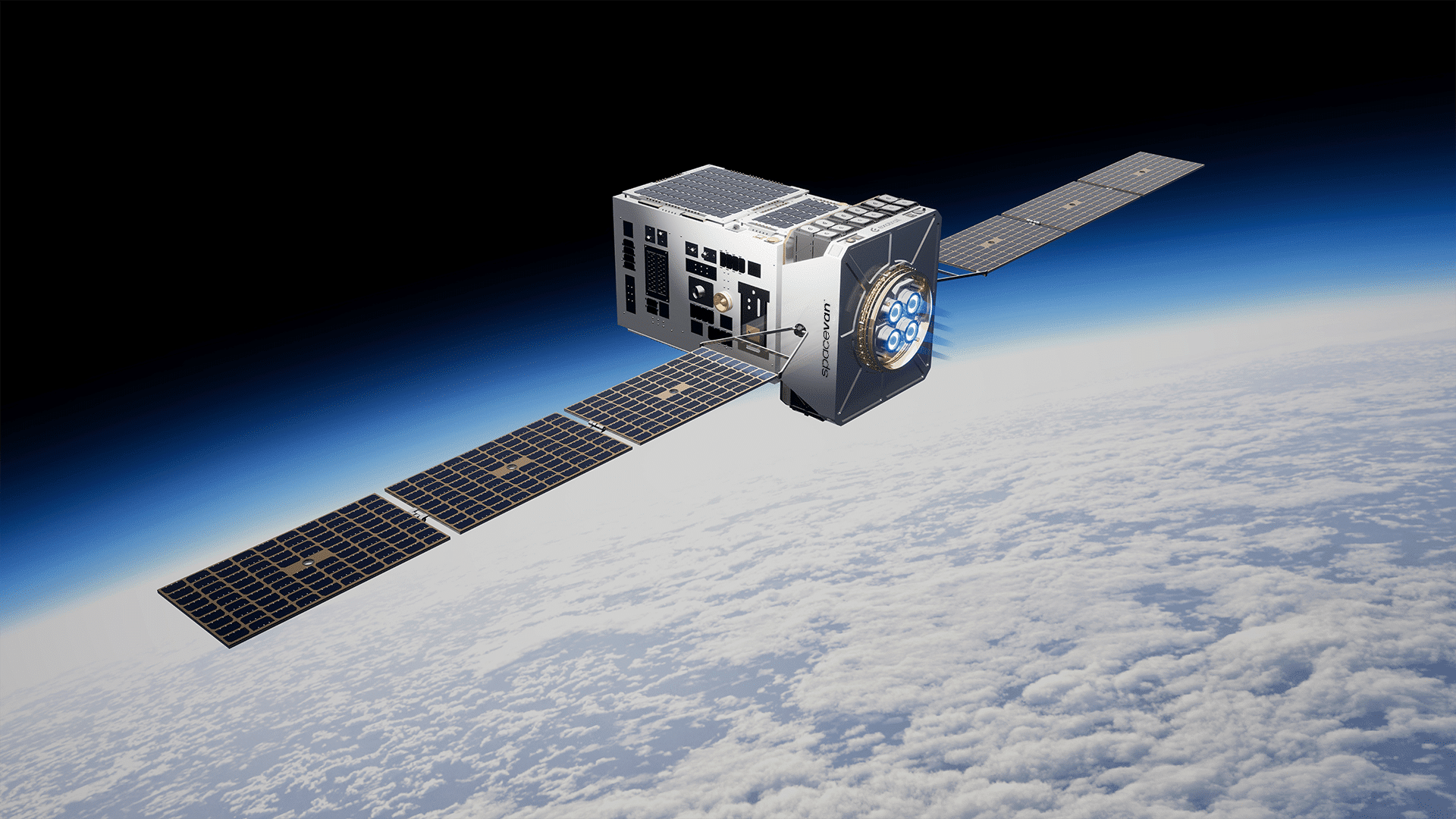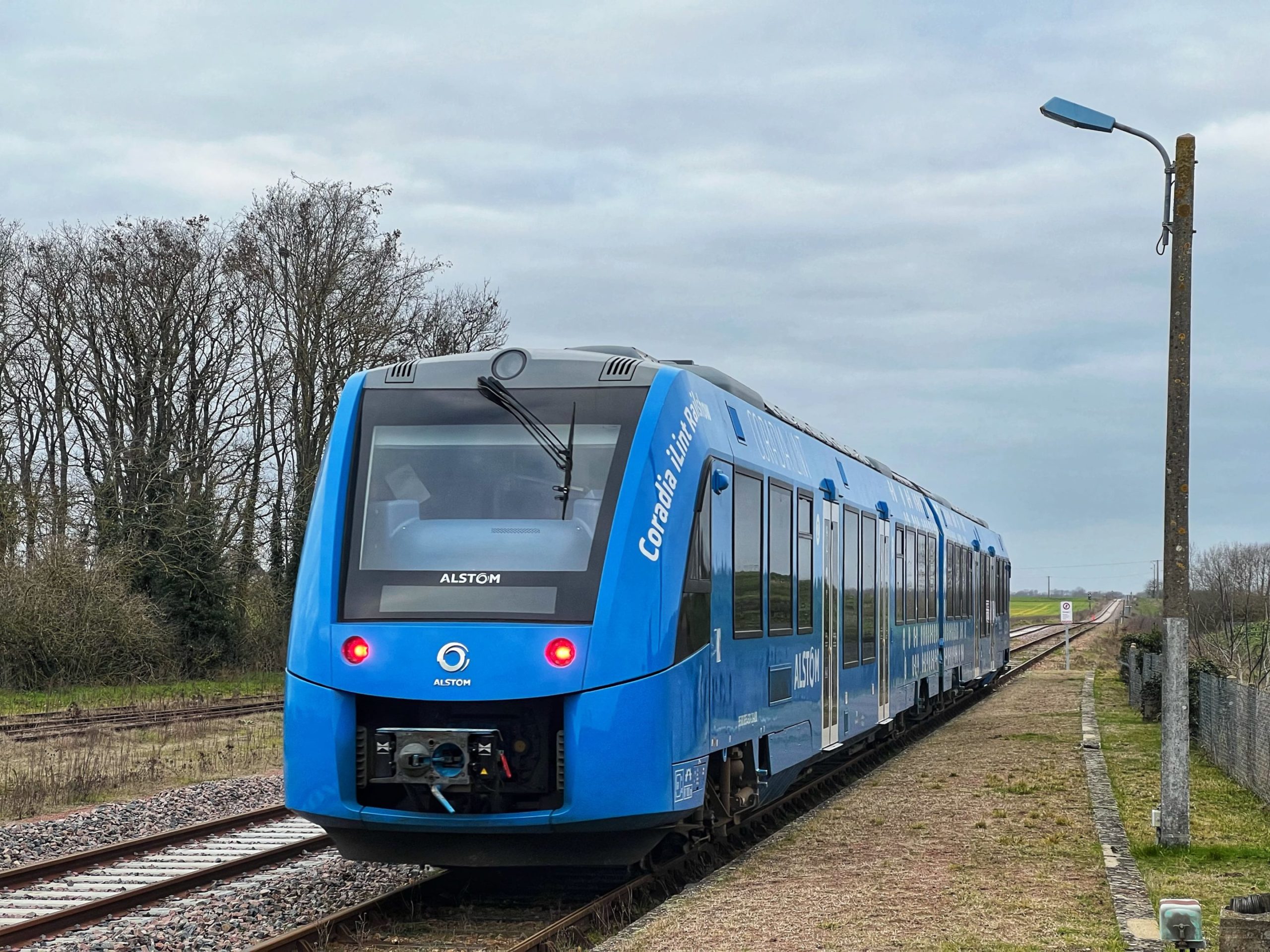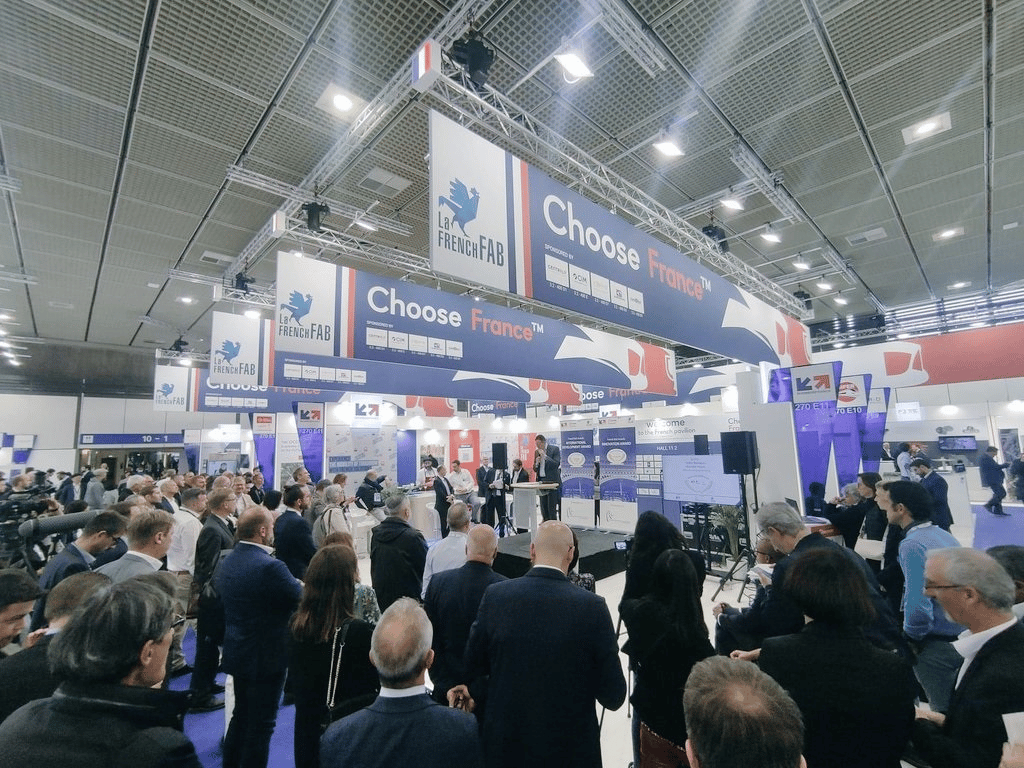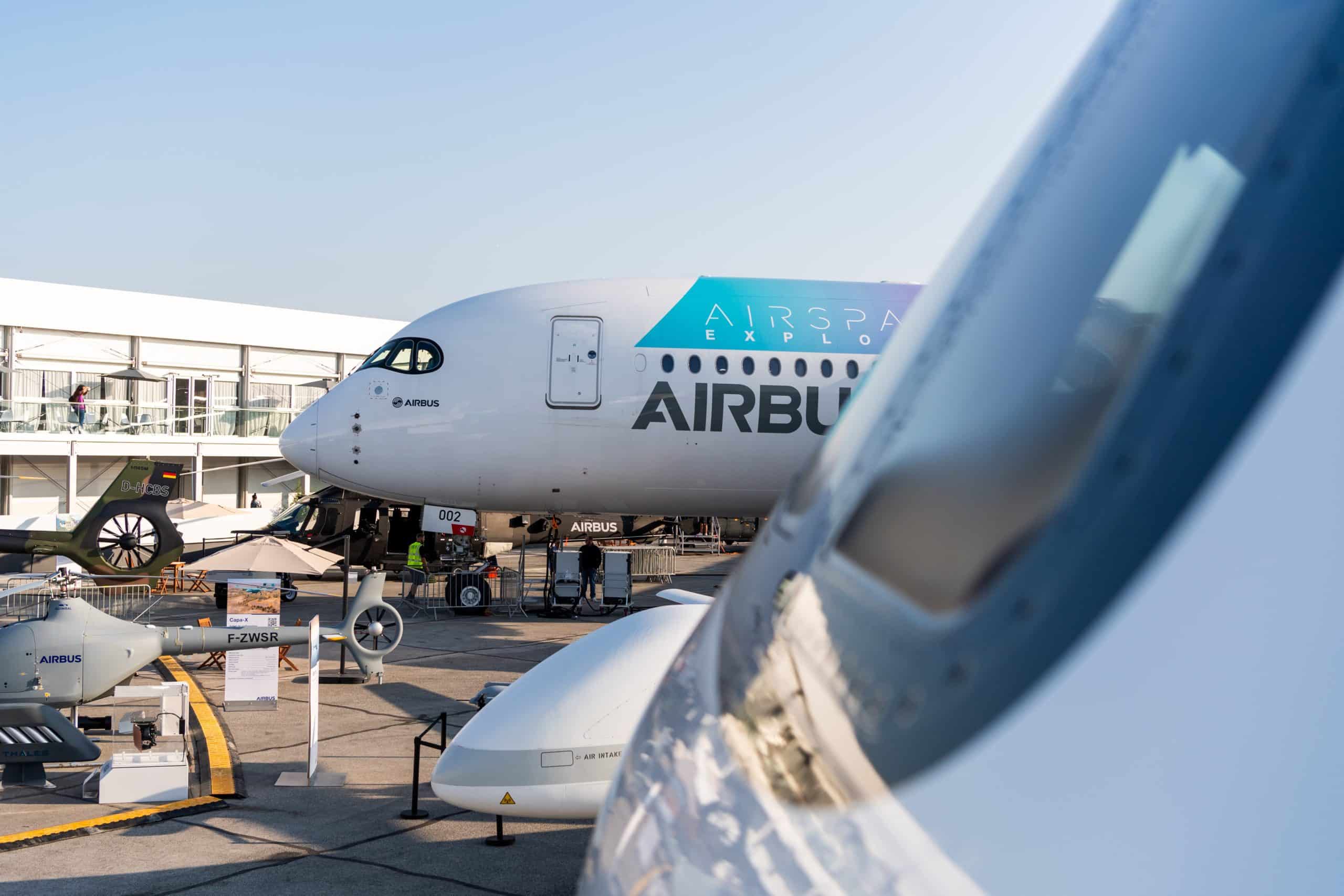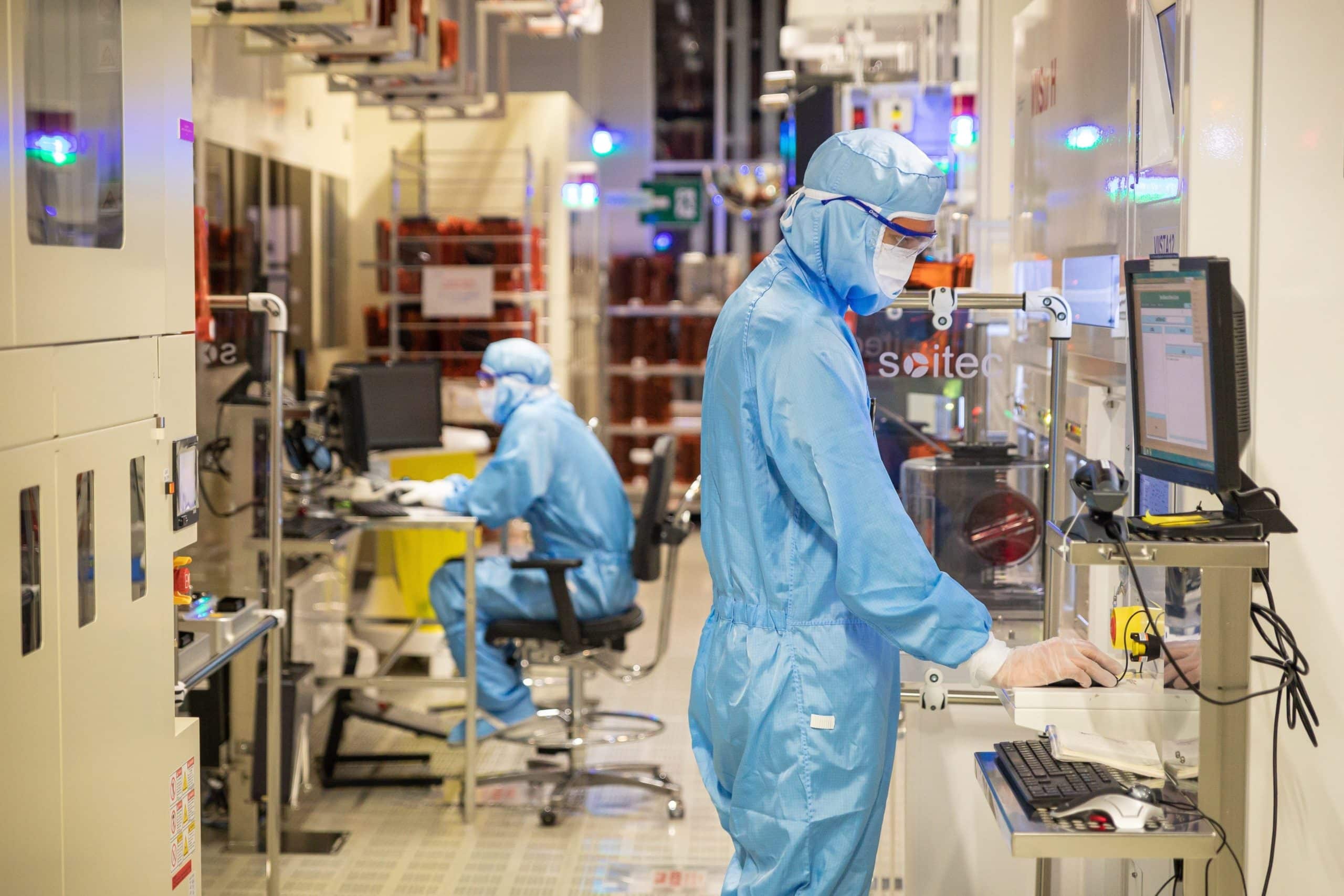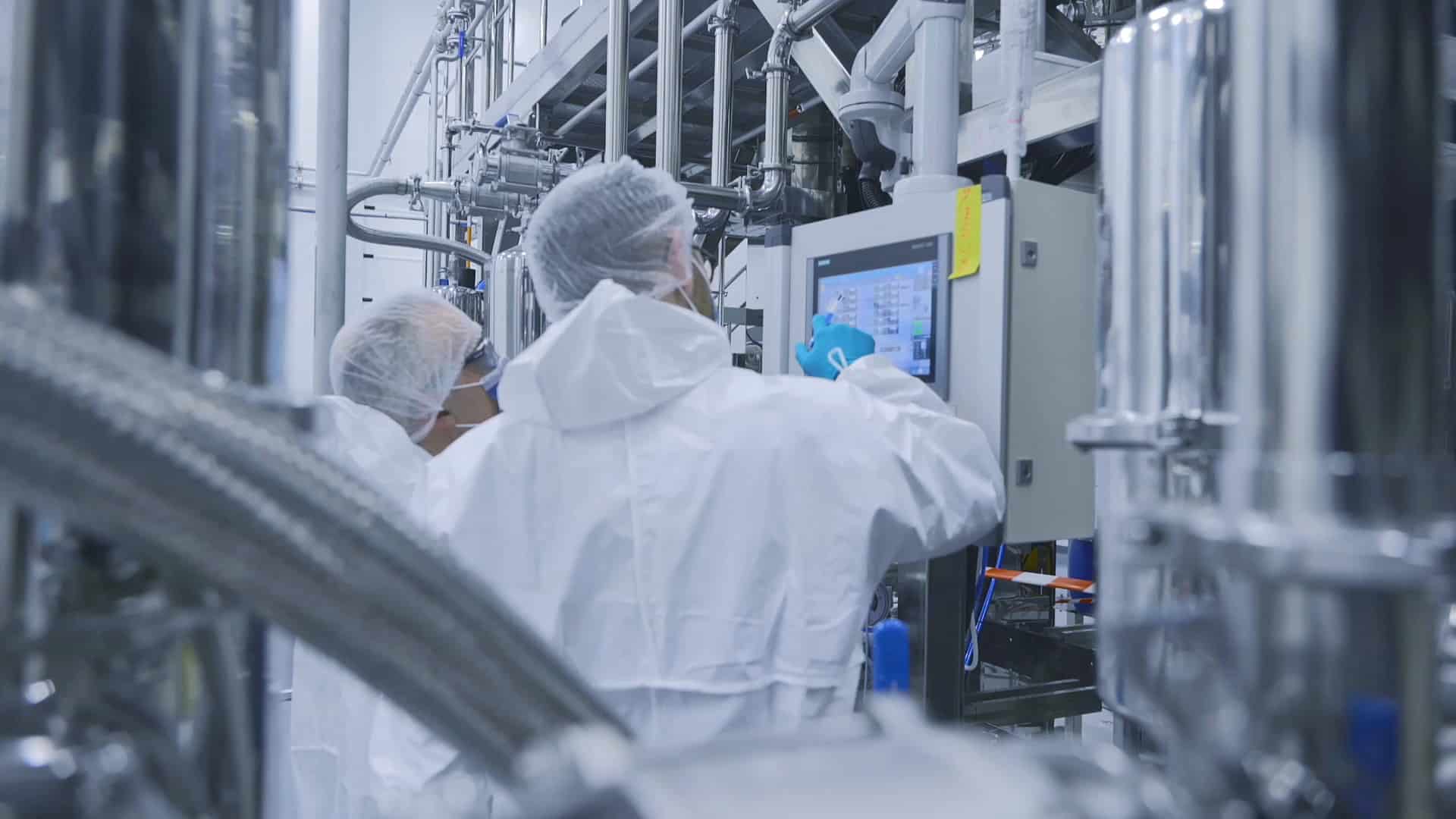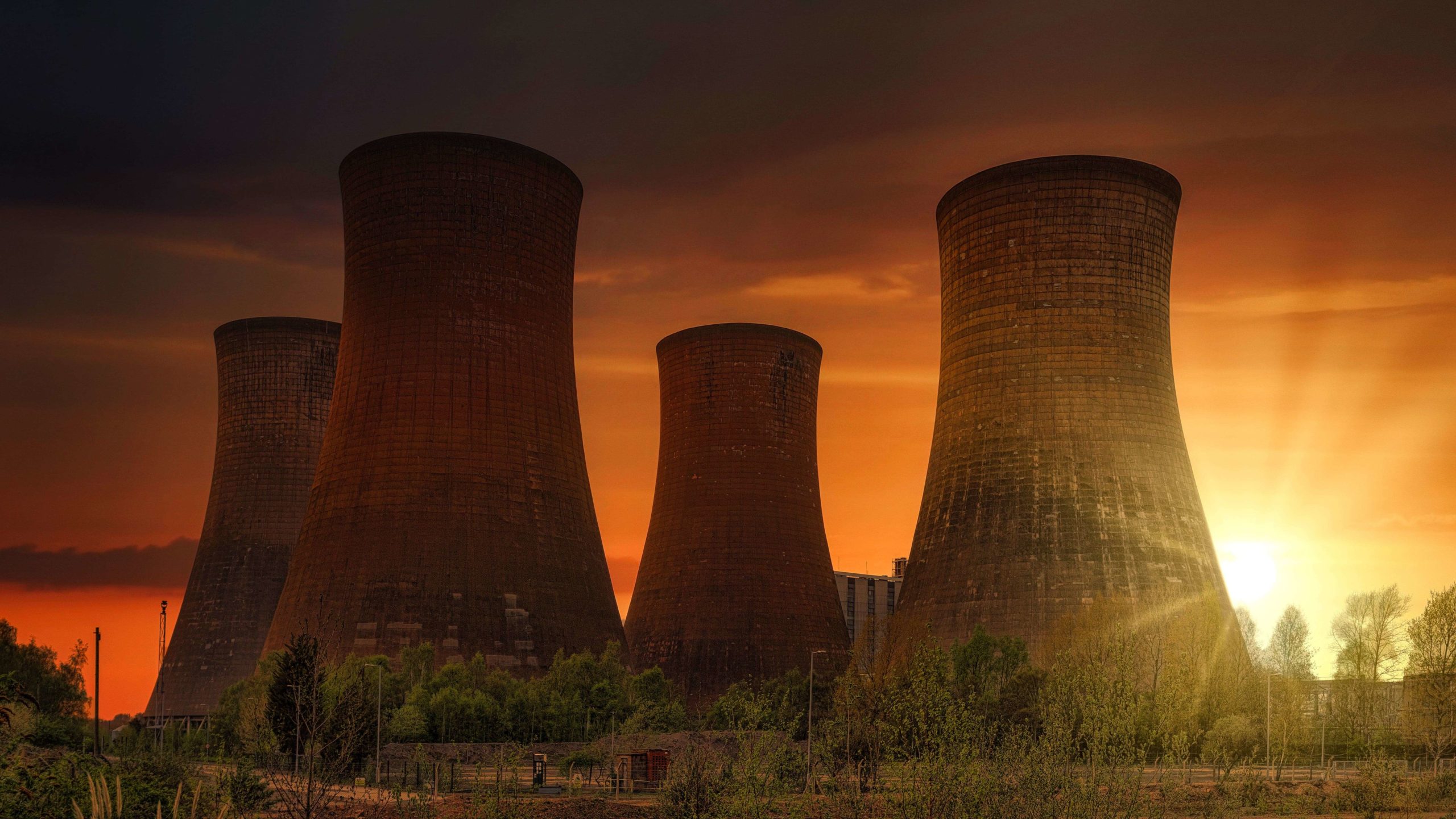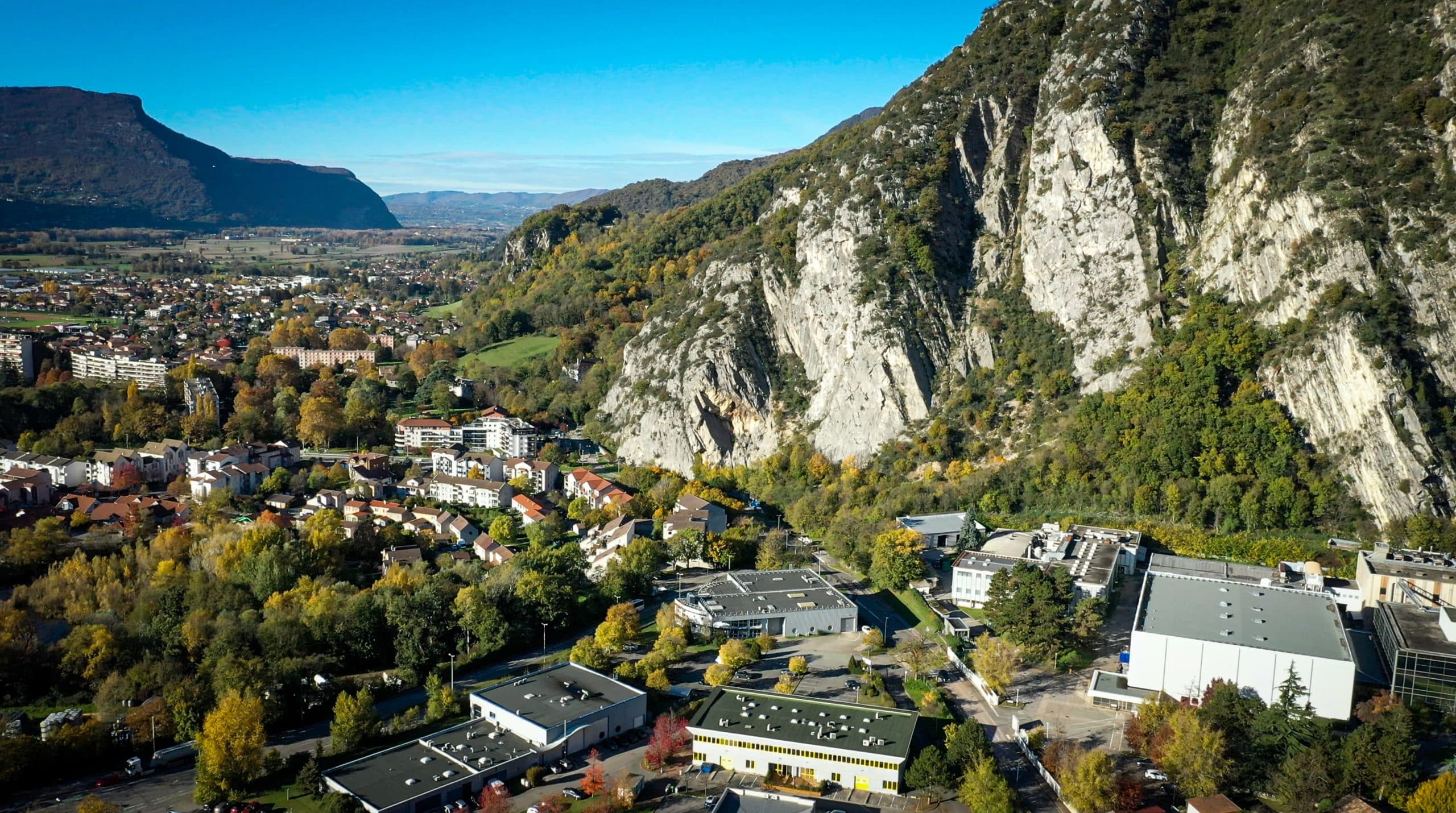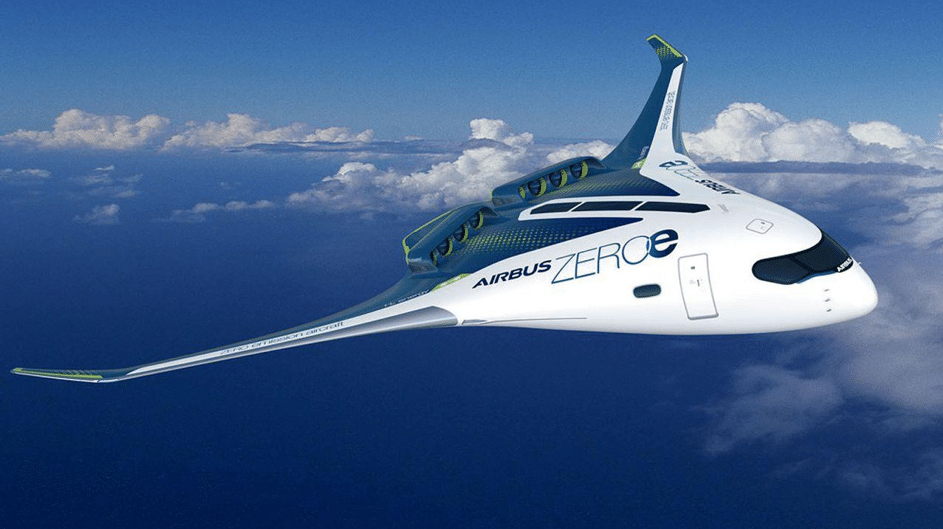
France has raised billions of euros to fund the transformation.
In banking on hydrogen to build the first carbon-neutral aircraft from 2035, Airbus is committing aviation to a new transformation comparable to the passage from props to jets. Hydrogen would reduce the impact of air transport on the climate by 50% to 70%.
Achieving this objective, however, requires massive investment and a raft of technical hurdles to be cleared. Such as the capacity to carry tanks four times the current size for an equivalent output due to its very low density. France and Germany believe in it and have raised billions of euros to fund the transformation.
On paper, hydrogen looks attractive. Its combustion doesn’t cause carbon emissions, just generates water vapor. Its energy density is three times that of kerosene. It is already used to power Ariane rockets. Hydrogen can be produced everywhere, in gas or liquid form. It can also be mixed with other biocomponents to produce synthetic fuels. And above all, hydrogen is, on the whole, compatible with current jet engines.
If burning hydrogen in flight is 100% feasible, the airplane will have to be designed from scratch around its use, which will require aircraft redesign and significant sums invested in manufacturing infrastructure. Marketing a first low-carbon aircraft by 2035 will mean locking in technology choices by 2025. It’s tantamount to skipping a generation of planes, doing in fifteen years what would have taken thirty in the past. But the game is worth the candle, surely!
